Renting vs. Buying Property in Thailand: 2024 Analysis
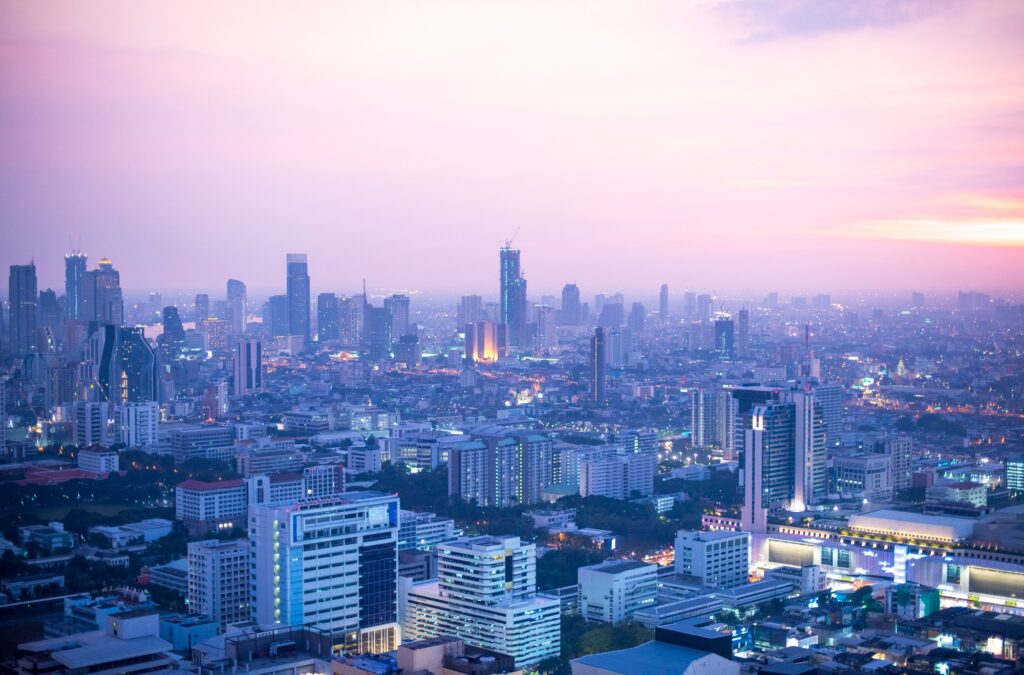
Deciding between renting and buying property in Thailand depends on your financial goals, lifestyle preferences, and long-term plans. While renting offers flexibility, lower upfront costs, and freedom from maintenance responsibilities, purchasing real estate can provide opportunities for asset growth, potential rental income, and control over property modifications. With average condo rentals ranging from €500–1,500 monthly and property ownership tied to legal restrictions, it’s essential to weigh the initial investment, ongoing expenses, and market trends before making a choice that aligns with your priorities.
Cost of Living in Thailand: 2024 Analysis
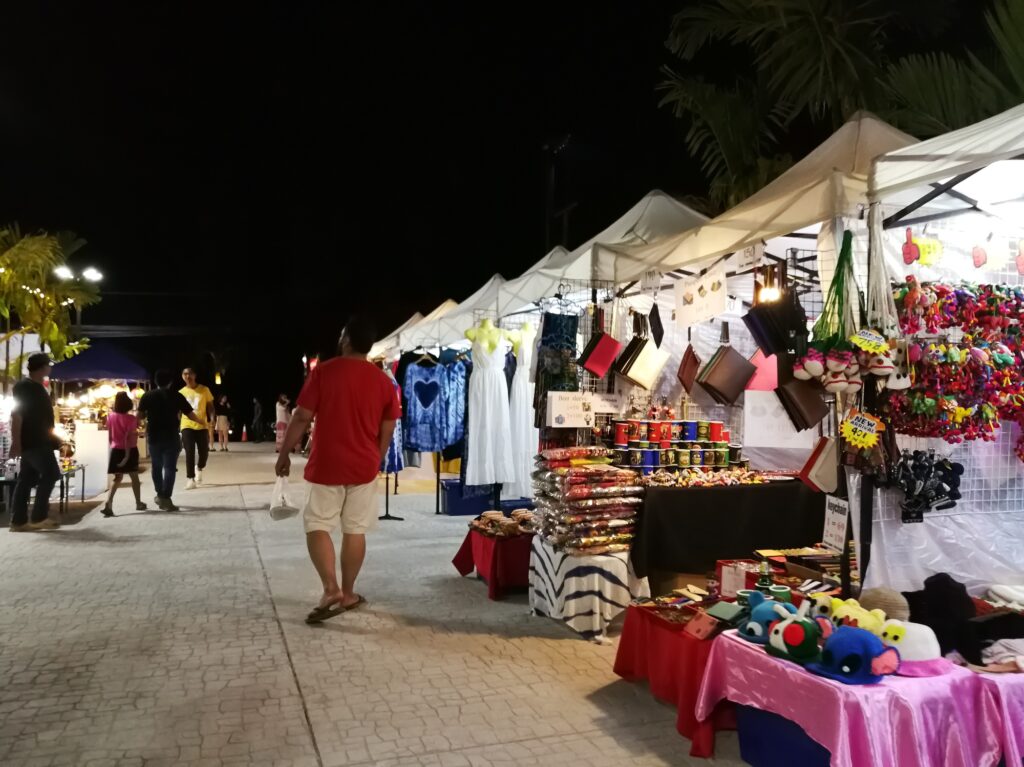
Discover how living expenses in Thailand can vary widely based on location, lifestyle, and housing preferences. While a comfortable urban life in Bangkok might cost around 28,000 THB ($850) per month, those seeking affordability can head to Chiang Mai for as little as 23,000 THB ($700). Phuket’s beachside charm comes at a premium, with housing and dining notably pricier than inland cities. Families should budget for groceries, international school fees, and potential transportation costs, while budget-conscious individuals can save significantly by embracing local markets, street food, and traditional accommodations. Despite recent inflation, Thailand remains an appealing option with affordable living standards compared to many Western countries.
Comparison of Life in Different Thai Locations
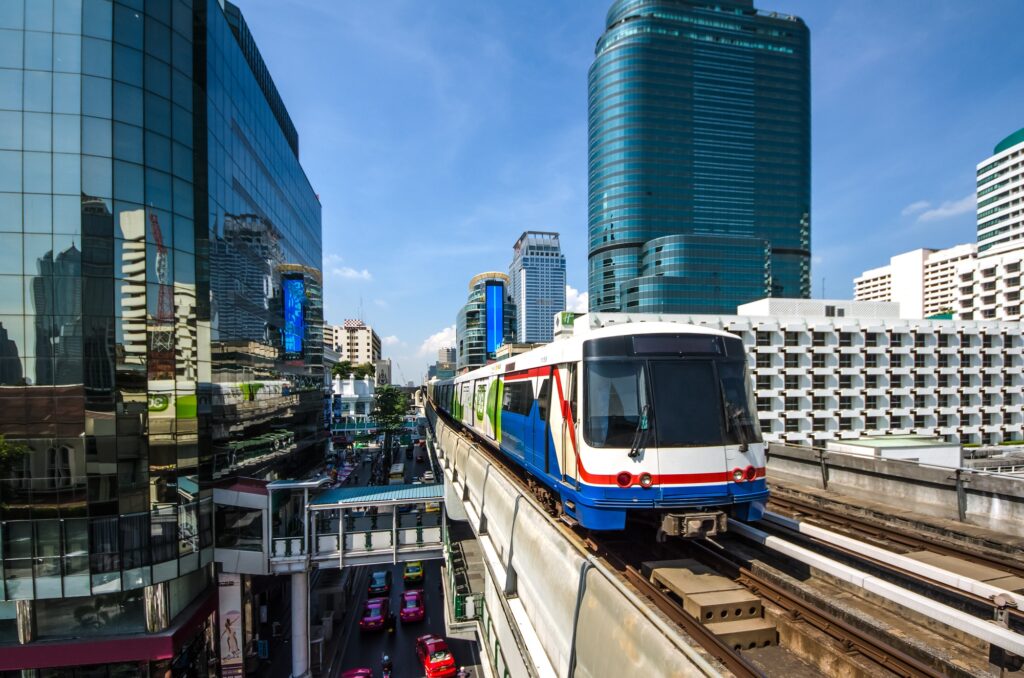
Explore the diverse lifestyles awaiting you across Thailand’s most popular destinations. Experience Bangkok’s dynamic urban environment, global shopping, and efficient transport—though at higher living costs. Immerse yourself in Chiang Mai’s cultural richness and expat community for a lower monthly budget, or savor Phuket’s beach charm and top-tier amenities for a more premium price. Pattaya combines modern infrastructure with affordable coastal living, while rural regions offer authentic Thai traditions, natural beauty, and peaceful surroundings. Each location presents its own blend of affordability, amenities, and cultural appeal, ensuring that no matter where you choose, you’ll enjoy Thailand’s signature hospitality and vibrant character.
Life in Thai Condominiums – A Modern Living Experience
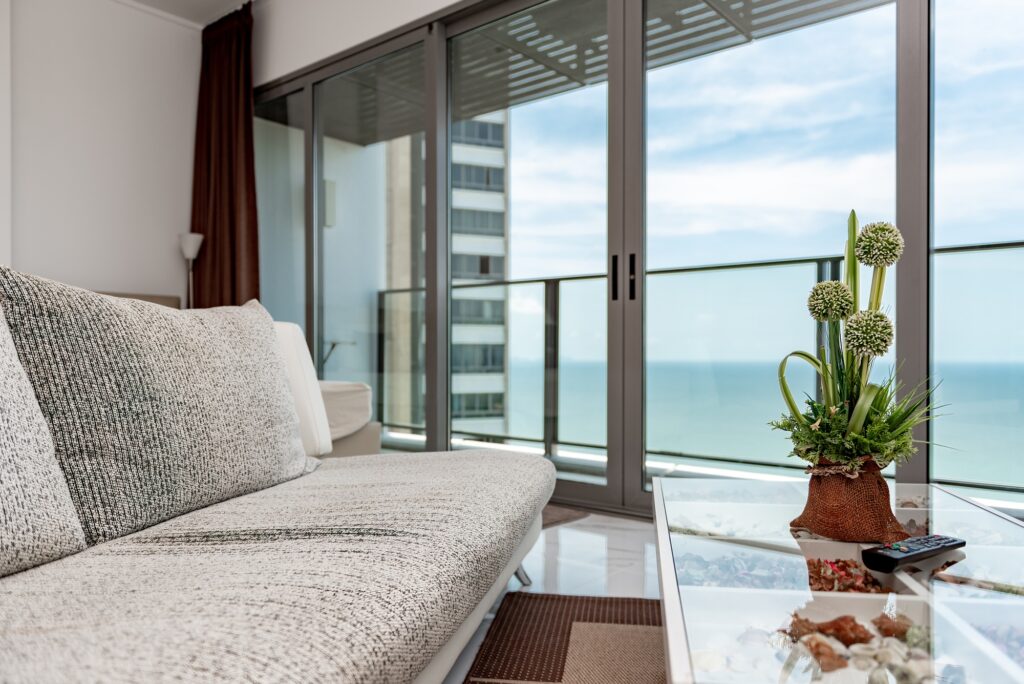
Experience contemporary urban living in Thailand’s modern condominiums, where top-notch amenities and prime locations come together seamlessly. Enjoy the convenience of 24/7 security, fitness centers, swimming pools, and communal lounges—all situated within easy reach of business districts, restaurants, and public transportation. While condominium life brings lower maintenance and professional services, it also means managing shared spaces, community rules, and monthly fees. Ultimately, Thai condominium living offers a secure, amenity-rich environment perfectly suited for those seeking comfort and accessibility in a thriving urban setting.
Pattaya Real Estate Market Analysis 2024
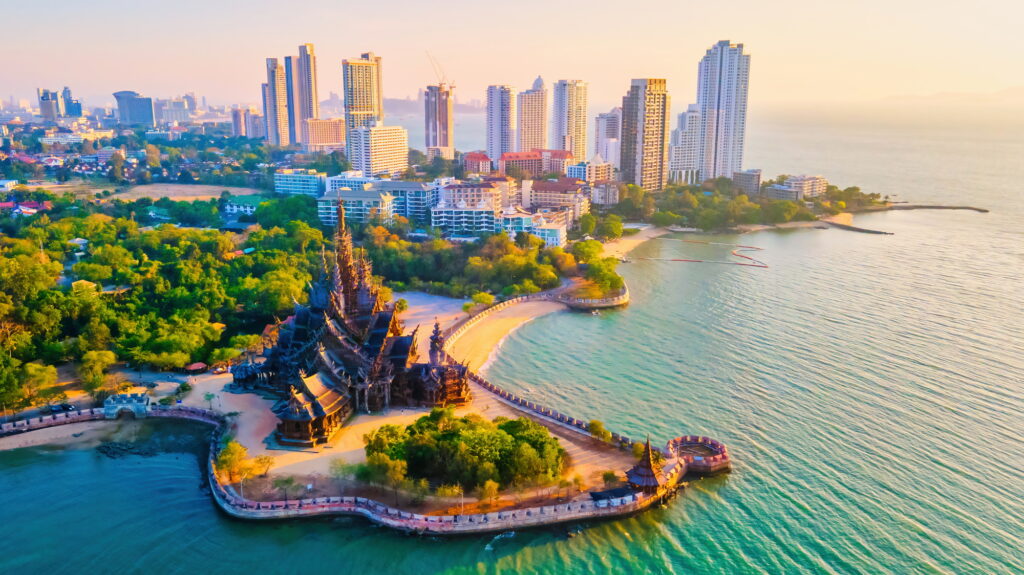
Explore Pattaya’s rapidly evolving real estate market, where robust demand and infrastructure projects—like the Eastern Economic Corridor and airport expansions—fuel growth. With average condominium prices starting around 4 million THB and rental yields at 6–8%, both local and foreign investors are drawn to prime areas like Wong Amat, Pattaya City, and Jomtien Beach. Anticipated new condo launches, strong occupancy rates, and rising property values indicate a positive outlook, making Pattaya a promising choice for real estate investment in 2024.
Essential Due Diligence for Property Purchase in Thailand
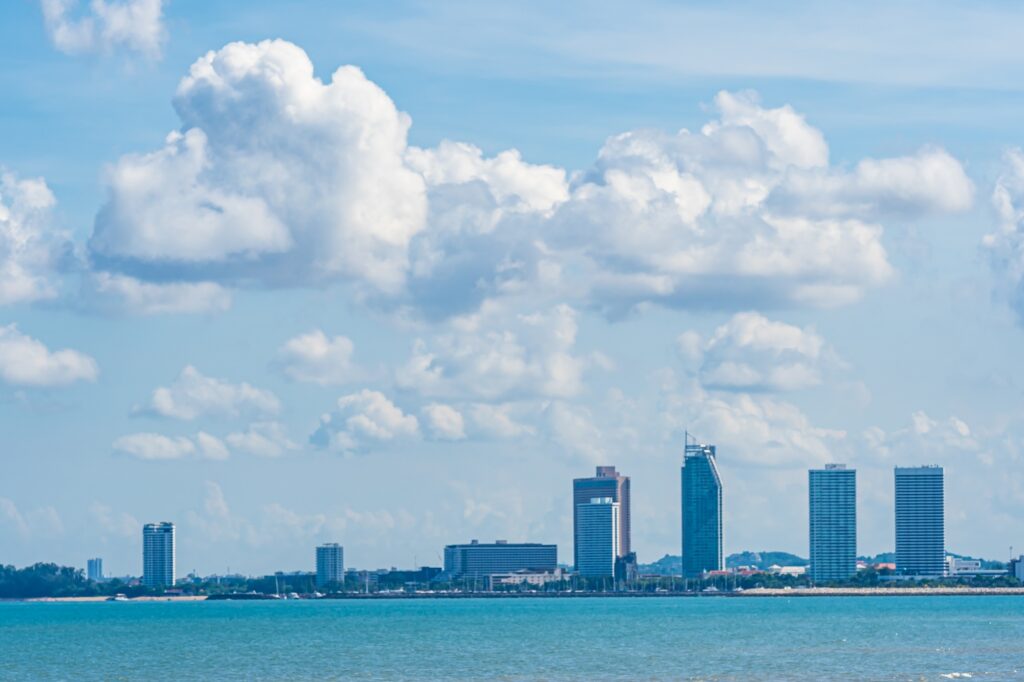
Before finalizing any property transaction in Thailand, conducting thorough due diligence is essential for safeguarding your investment. Confirm property ownership by examining authentic title deeds, verify that no legal disputes or liens exist, and review building permits to ensure compliance with local zoning and environmental regulations. For condominium purchases, confirm adherence to foreign ownership limits and assess ongoing management quality. With land transactions, investigate land use restrictions, infrastructure availability, and proper access routes. Enlisting professional legal assistance can help you navigate these checks, providing the confidence and assurance you need when buying property in Thailand.
Property Financing in Thailand: A Comprehensive Guide
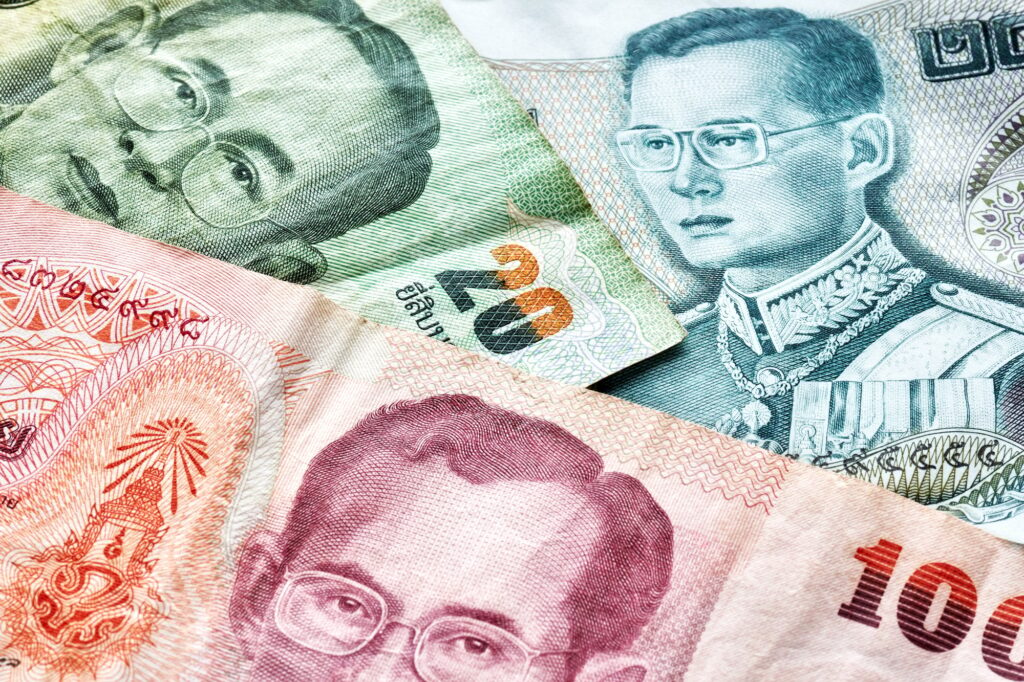
Navigate Thailand’s unique property financing landscape with this comprehensive guide. Explore options ranging from straightforward cash purchases to flexible construction payment plans and specialized bank loans. Discover developer financing terms, local lending solutions, and key eligibility criteria—ensuring that foreign buyers understand the legal requirements, interest rates, and property value thresholds. With expert advice, you can confidently secure the best financing solution and invest successfully in Thailand’s real estate market.
Tourism’s Impact on Thailand’s Property Prices
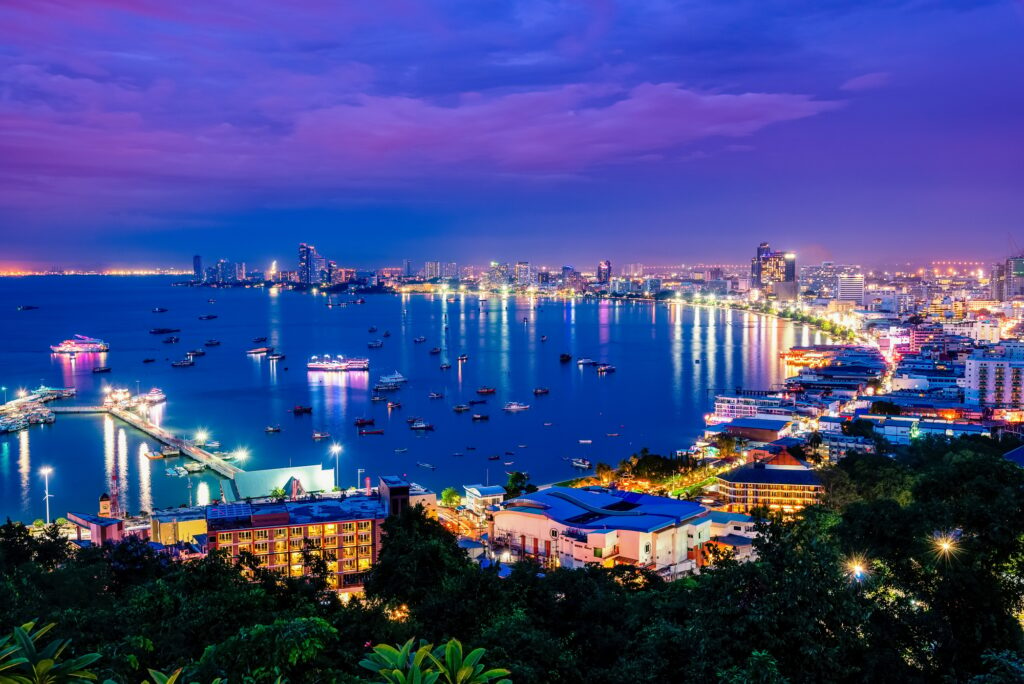
Thailand’s real estate market faces a challenging 2024—with a noted 20% decline from previous years—yet strong growth opportunities emerge as the economy stabilizes and tourism rebounds. With GDP expanding at 3–4% annually and inflation easing, property sales are set to rise by 2–3% through 2026. Anticipated tourist arrivals, reaching 36.1 million in 2024 and 41.1 million by 2025, bolster confidence in key markets such as condos and tourist hotspots. Although loan rejections, high interest rates, and material costs currently weigh on the sector, infrastructure development, foreign investment inflows, and a shift toward eco-friendly projects signal a sustainable recovery. By 2025, property prices are projected to increase by 3–7%, reflecting renewed optimism and long-term resilience in Thailand’s property landscape.
Thailand Real Estate Market Outlook 2024-2025

Thailand’s real estate market faces a challenging 2024—with a noted 20% decline from previous years—yet strong growth opportunities emerge as the economy stabilizes and tourism rebounds. With GDP expanding at 3–4% annually and inflation easing, property sales are set to rise by 2–3% through 2026. Anticipated tourist arrivals, reaching 36.1 million in 2024 and 41.1 million by 2025, bolster confidence in key markets such as condos and tourist hotspots. Although loan rejections, high interest rates, and material costs currently weigh on the sector, infrastructure development, foreign investment inflows, and a shift toward eco-friendly projects signal a sustainable recovery. By 2025, property prices are projected to increase by 3–7%, reflecting renewed optimism and long-term resilience in Thailand’s property landscape.
Property Purchase Taxes and Fees in Thailand

Gain clarity on Thailand’s property transaction taxes and fees before buying or selling. Typically amounting to 5–7% of the property’s value, these charges include a 2% transfer fee, a 3.3% business tax, and various withholding taxes determined by appraised or registered sale values. Additional considerations like 0.5% stamp duty (applied when business tax is waived) and specific tax requirements for lease registrations further shape the total cost. With recent incentives reducing registration fees for Thai nationals purchasing homes up to 7 million baht, and mandatory documentation for foreign buyers, understanding these rules ensures a transparent and efficient property transaction experience.
Visa Requirements for Property Owners in Thailand
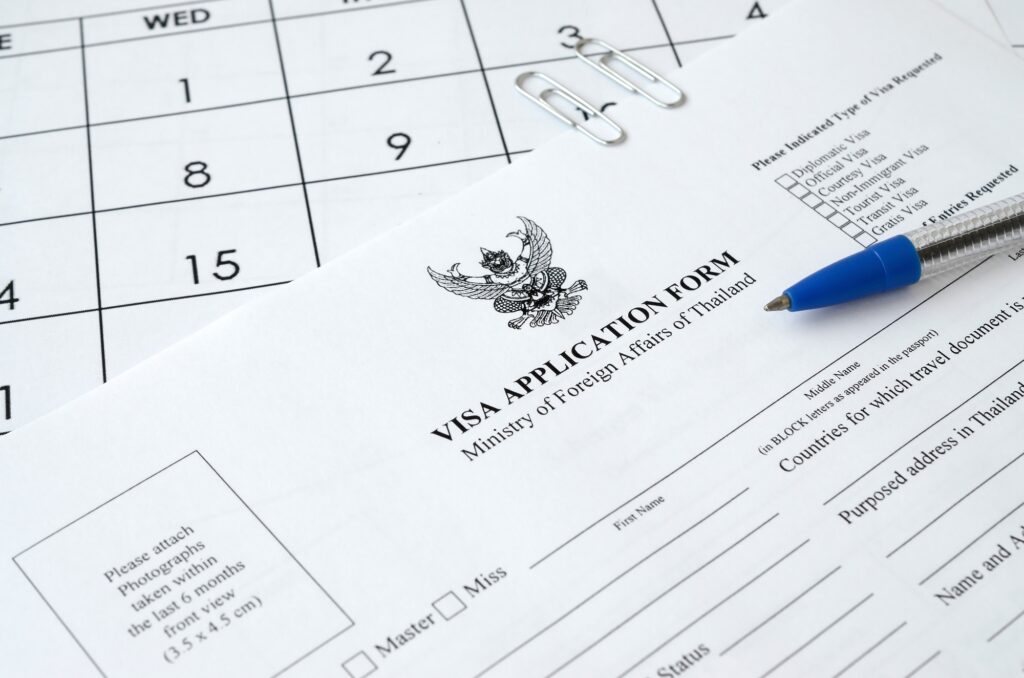
Owning property in Thailand doesn’t guarantee residency, but certain visas can ease your long-term stay. From the one-year investment visa—requiring at least a 10 million baht investment in newly built condominiums—to the Long-Term Resident (LTR) visa for extended stays, you can find options tailored to your financial and lifestyle goals. Other alternatives, such as the Non-Immigrant O Visa and the Thailand Elite Visa, provide flexible pathways, though they come with specific requirements and fees. By combining proper documentation, meeting investment thresholds, and selecting the right visa category, property owners can secure a more comfortable and legally compliant stay in Thailand.
The complete process of buying property in Thailand.
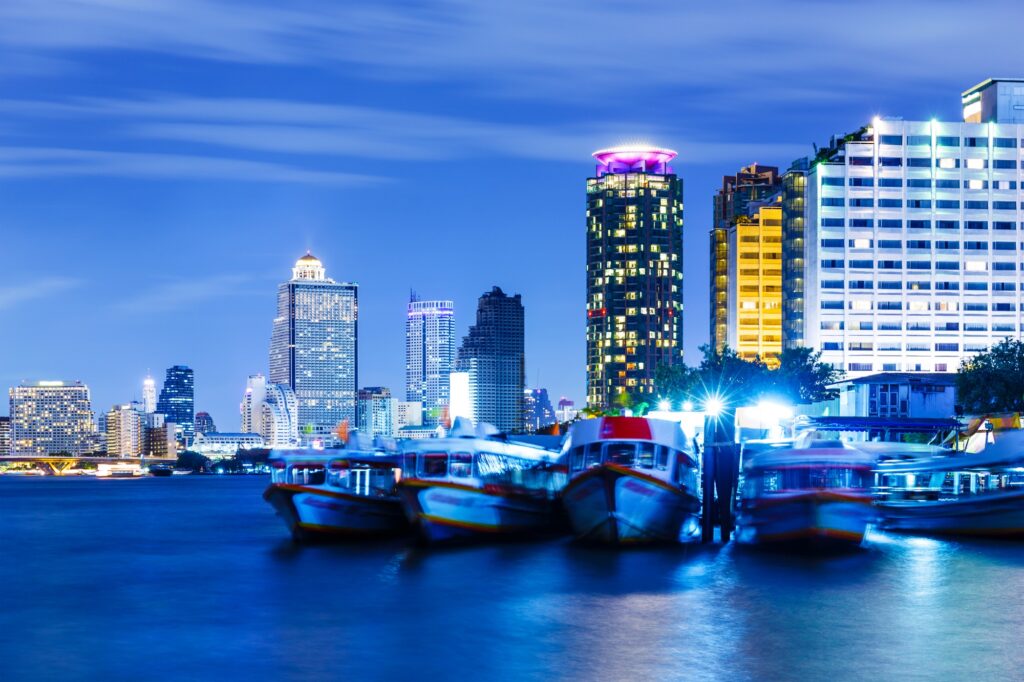
Discover the essential steps and legal considerations for purchasing property in Thailand as a foreign buyer. From understanding condominium ownership limits to navigating leasehold agreements for houses and villas, this comprehensive guide covers every stage—from initial research and due diligence to finalizing documentation and ensuring a secure, successful transaction.
Buying Property in Thailand for Foreigners

Discover the essential steps and legal requirements for purchasing property in Thailand as a foreign buyer. From understanding condominium ownership regulations to navigating long-term leases for houses and land, this comprehensive guide walks you through every stage of the buying process—ensuring informed decisions, secure investments, and successful ownership in Thailand’s dynamic real estate market.


